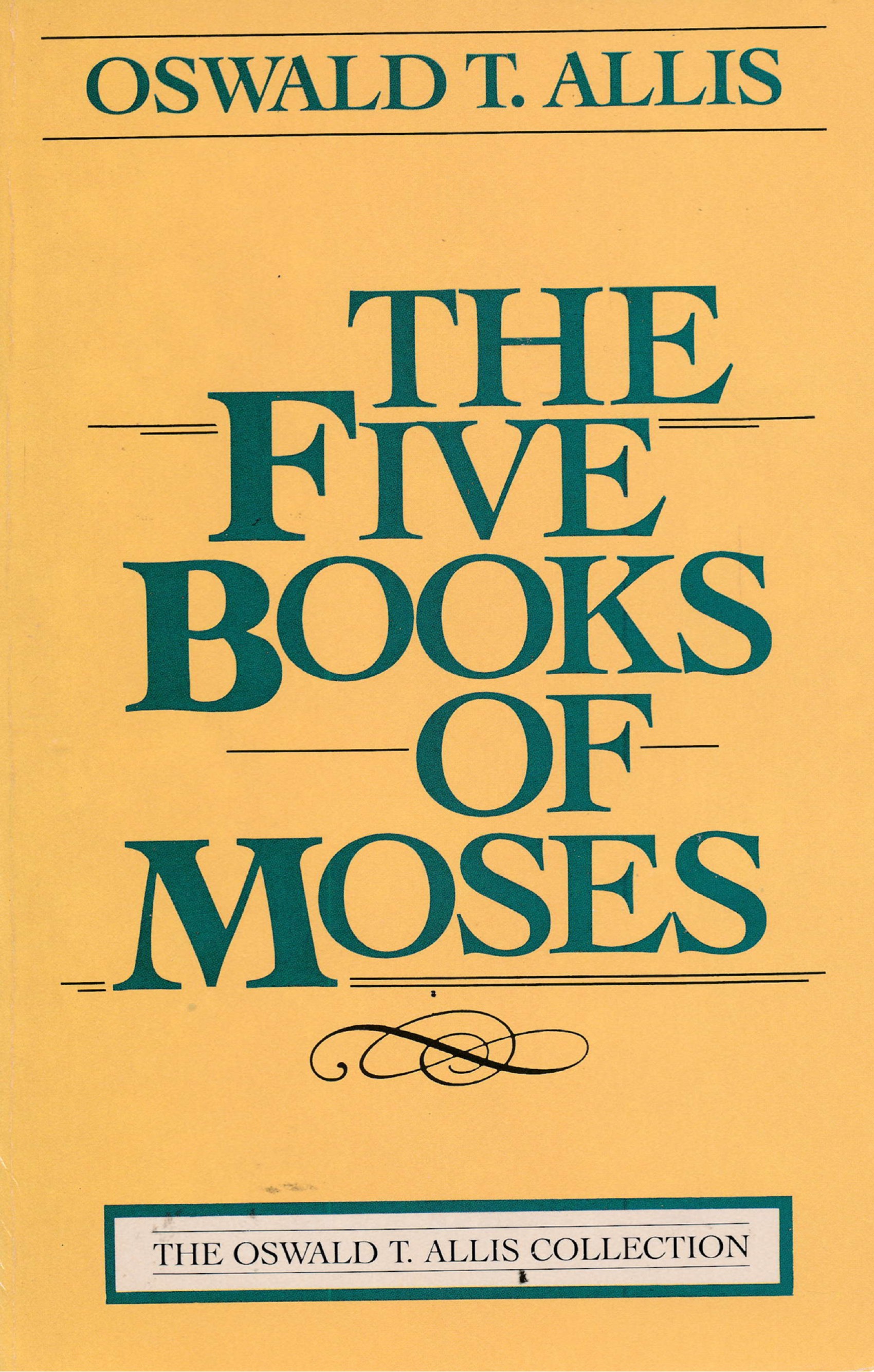THE FIVE BOOKS OF MOSES
Summary of The Five Books of Moses by Oswald T. Allis
Oswald T. Allis’ The Five Books of Moses is a detailed defense of the Mosaic authorship and unity of the Pentateuch against modern critical theories. The book systematically critiques the Documentary Hypothesis, which argues that the first five books of the Bible were composed from multiple conflicting sources rather than authored by Moses.
Key Themes and Arguments
1. Defense of Mosaic Authorship
• Allis argues that traditional Jewish and Christian beliefs hold that Moses wrote the Pentateuch.
• He refutes the claim that the books were compiled later by unknown authors or editors.
• The book highlights biblical references that attribute the laws and narratives of Genesis–Deuteronomy to Moses.
2. Critique of the Documentary Hypothesis
• The Documentary Hypothesis (JEDP Theory) suggests that the Pentateuch was composed from four distinct sources (J - Yahwist, E - Elohist, D - Deuteronomist, P - Priestly).
• Allis challenges this theory, arguing that variations in divine names (YHWH and Elohim) do not prove multiple authors.
• He asserts that supposed contradictions and repetitions in the text can be explained by literary structure and theological emphasis rather than multiple sources.
3. Archaeological and Historical Evidence
• The book examines how archaeological discoveries have supported biblical accounts rather than disproving them.
• Allis highlights evidence suggesting the early composition of the Pentateuch, countering the argument that it was written centuries after Moses.
4. Theological and Prophetic Implications
• He discusses how the Pentateuch points to Christ and aligns with the rest of biblical prophecy.
• Rejecting Mosaic authorship, he argues, undermines the authority of Scripture and its divine inspiration.
5. Relationship Between the Law and Prophets
• The book emphasizes that the Law (Torah) is foundational to Jewish and Christian belief.
• Allis warns that if the Documentary Hypothesis is accepted, it leads to a fragmented and less authoritative view of biblical history.
Conclusion
Oswald T. Allis’ The Five Books of Moses presents a scholarly yet accessible defense of the unity, reliability, and divine inspiration of the Pentateuch. He argues that higher criticism has misinterpreted biblical texts, and he provides theological, historical, and archaeological reasons to affirm Mosaic authorship.
